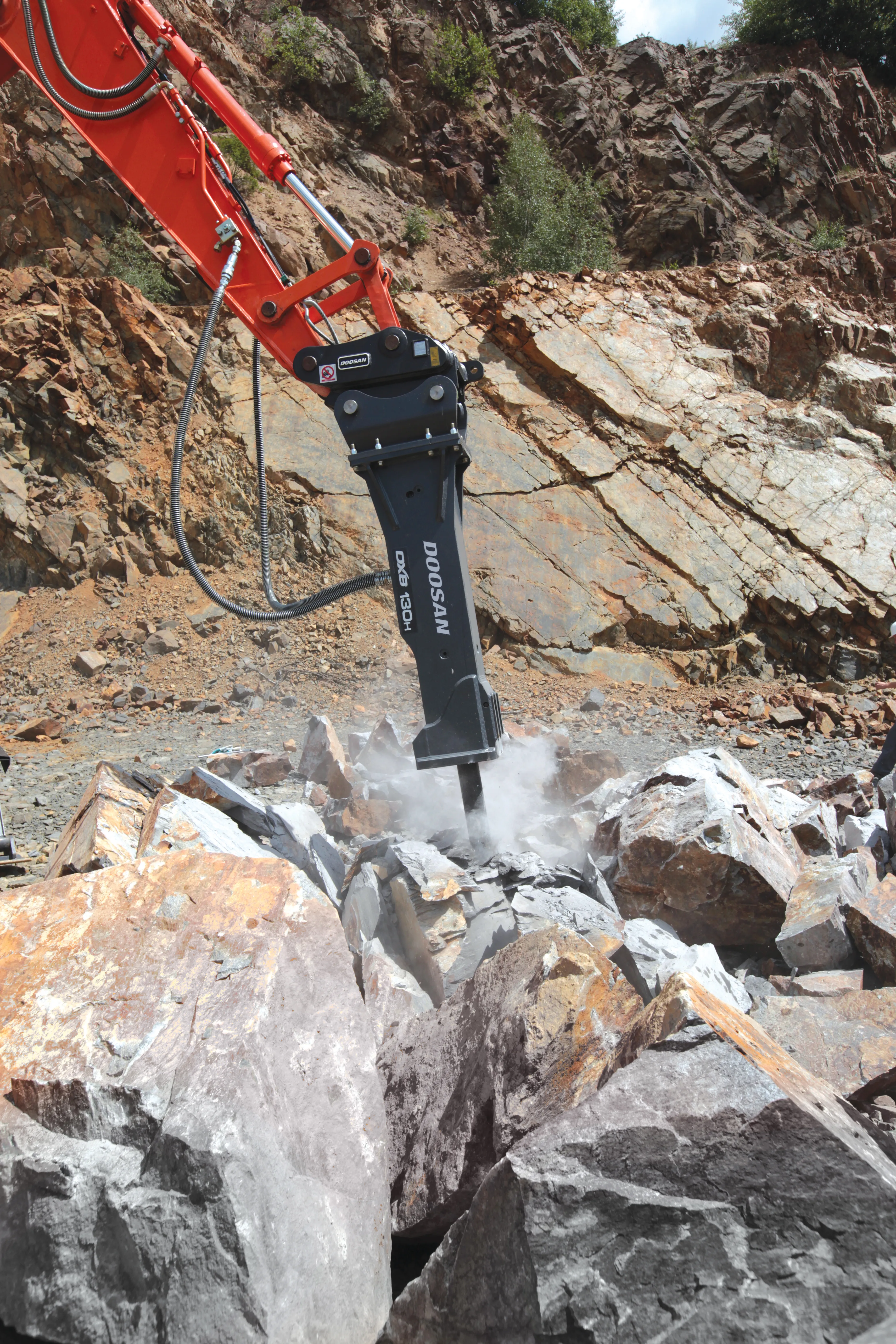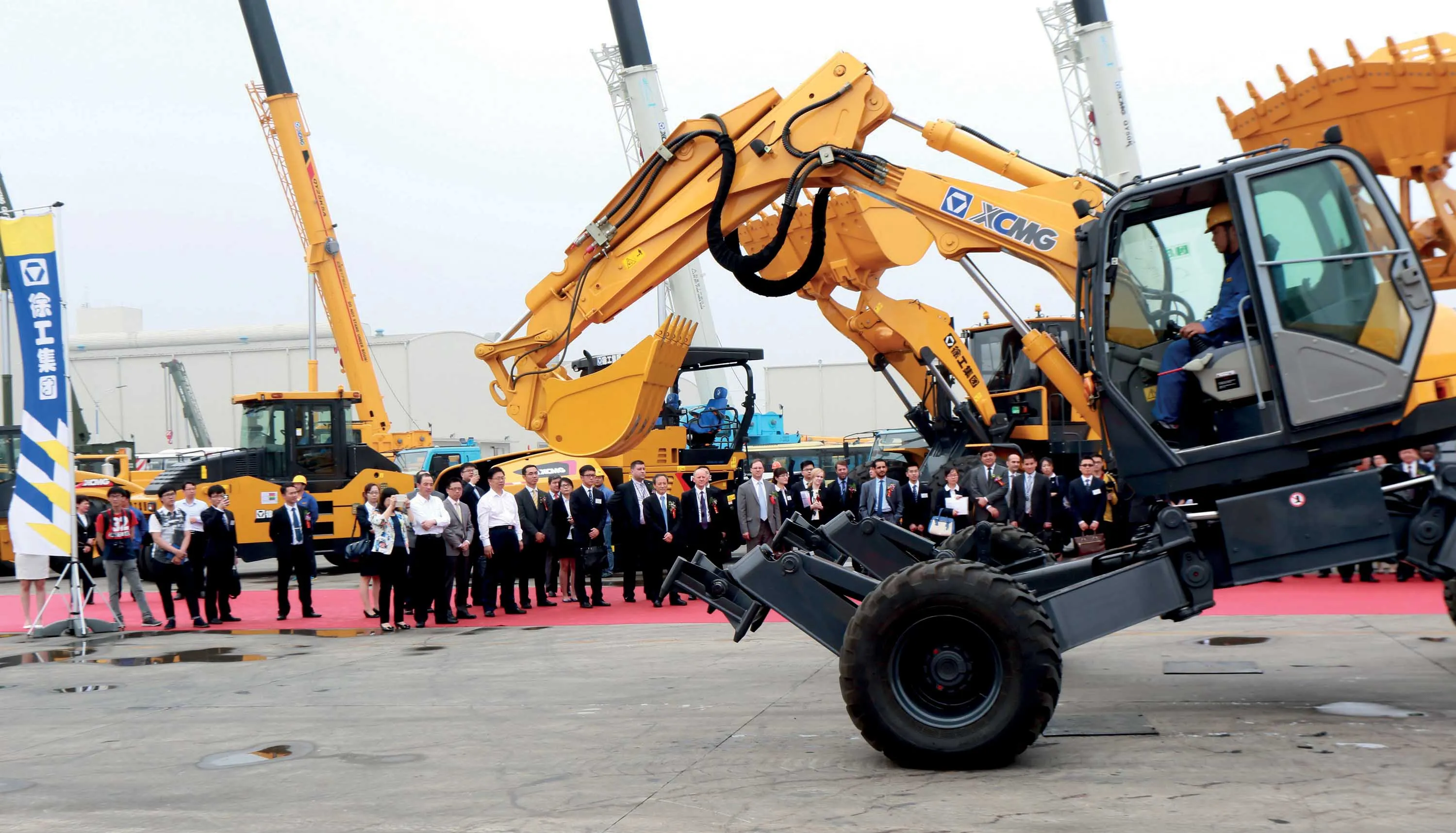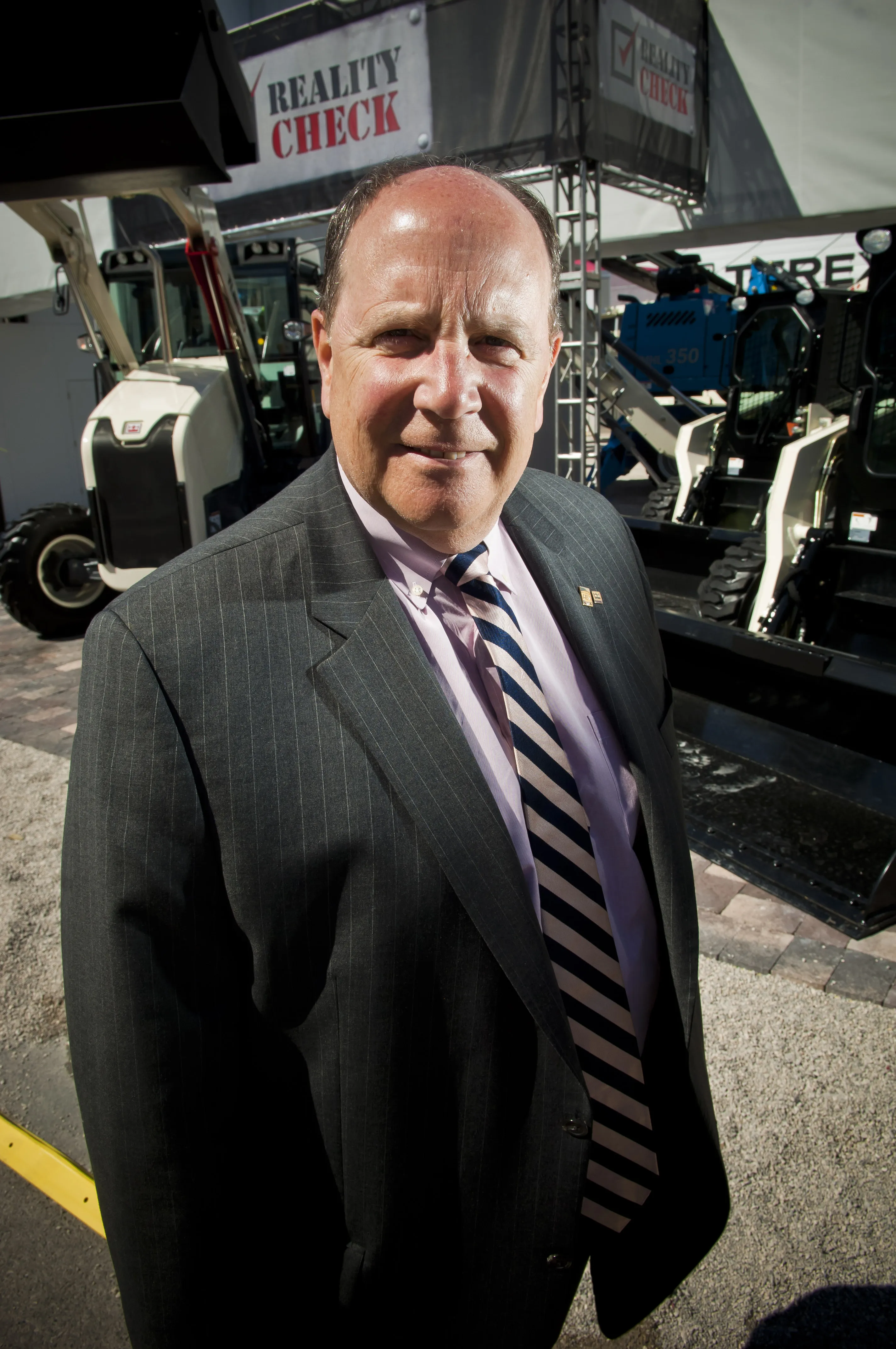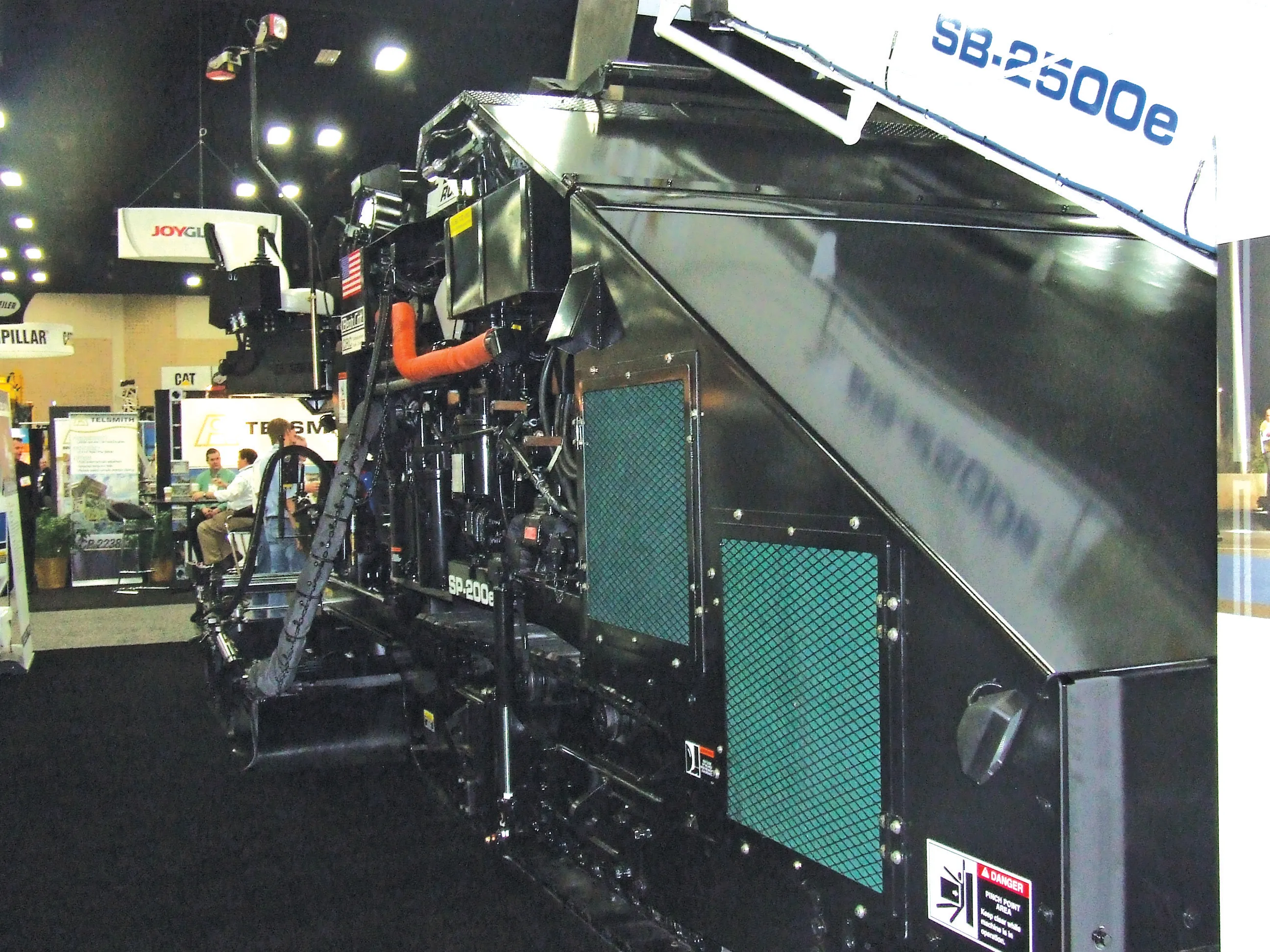For Sunward, specialisation and exports have been key – Mike Woof writes Sunward is one Chinese manufacturer that intends to further boost its presence in the export sector. The company has been successful in China and is now gearing up its export business, having had a major presence at various international exhibitions in recent years. He Jian of the firm said, “Now we are focussing on the international market and we want the brand to be more international.” The company was one of the first Chinese manuf
November 26, 2012
Read time: 5 mins
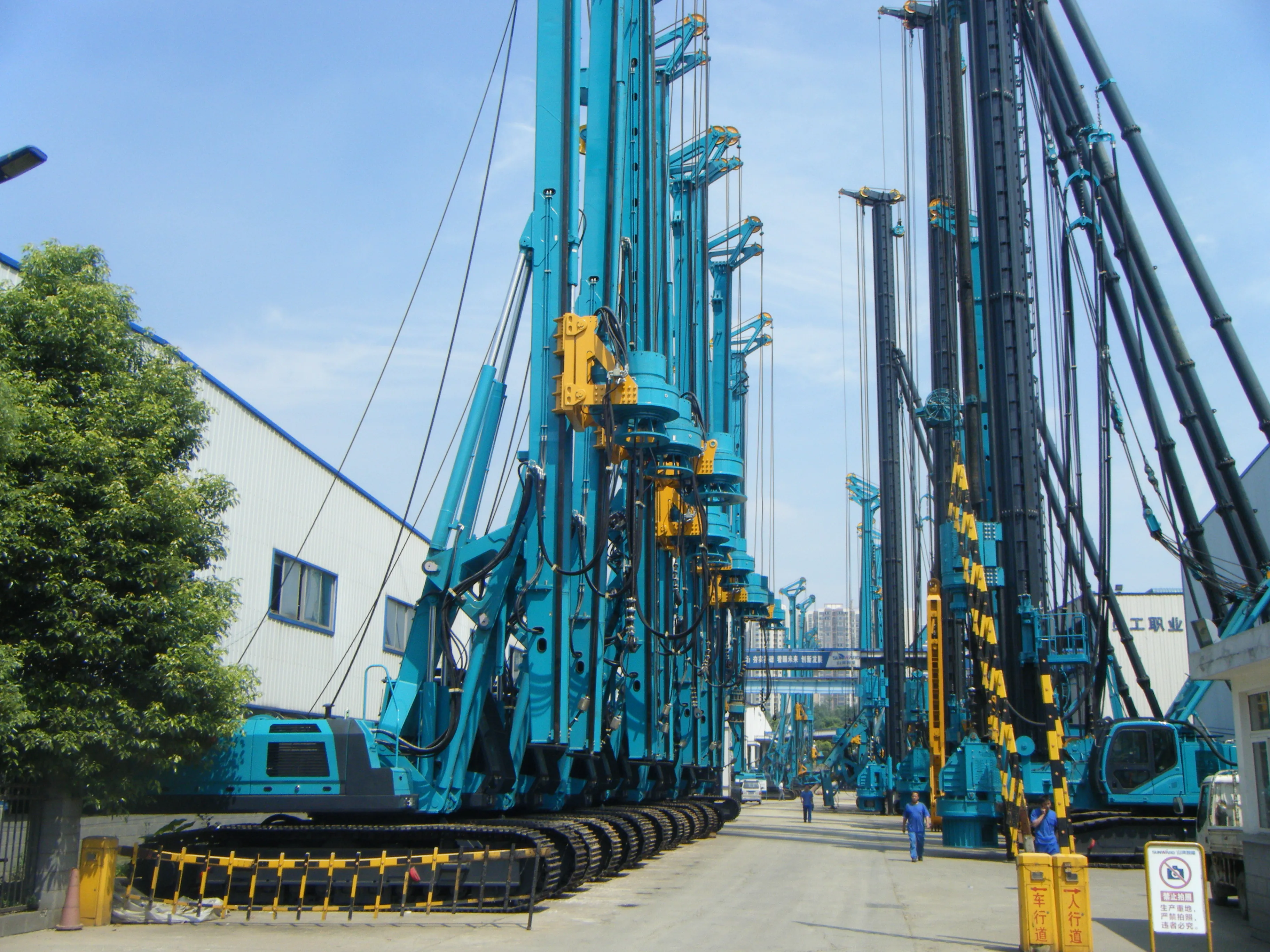
For Sunward, specialisation and exports have been key – Mike Woof writes
Sunward is one Chinese manufacturer that intends to further boost its presence in the export sector.
The company has been successful in China and is now gearing up its export business, having had a major presence at various international exhibitions in recent years. He Jian of the firm said, “Now we are focussing on the international market and we want the brand to be more international.”The company was one of the first Chinese manufacturers to focus on exports and in terms of the export trade,
Sunward was founded in 1999 and initially made equipment for the piling sector, but broadened out its range with the addition of hydraulic foundation equipment, excavators and DTH drilling equipment. A new plant was built in Changsha in 2003 and this opened in 2004, heralding further additions to the product range.
There are three industrial parks located in Changsha. The first industrial park produces the wheeled and crawler excavators as well as the compact machines, with another two industrial parks nearby also producing piling equipment, drilling equipment and forklift trucks. Meanwhile in Tianjin, the company has another factory that makes the Sunward cranes. But the smaller factory is now at capacity and Sunward plans to open a new facility - Sunward Industrial City - in due course.
Sunward has a strong focus on research and development and has also set high targets in terms of quality, which forms part of its marketing strategy and He said, “We hope international customers can change their opinion of Chinese products.”
A key move was its close co-operation with various consultants as part of a strategy to boost product quality and Sunward uses components from Japanese firms in its products, with engines from
He explained that having sales success in the European market helps emphasise the product quality and that developing this brand recognition for Sunward is extremely important. Sunward is very keen for customers to understand that Chinese products are quality machines and the company also offers good service support.
The company has warehouse capacity in Germany, Italy and Sweden, stocking parts for sale into those territories. This ensures spares support is strong for the dealers and reduces delivery times substantially as critical components are supplied from storage in the country, rather than from the factory in China.
Compact machines such as the mini excavators and skid steer loaders have been the focus for export into Europe, which is reflected in the type of dealer network established.
But Sunward has also exported larger equipment such as its 21tonne excavator into Europe, with units going to Germany, Italy, Poland and Sweden.
This will be followed by a move up in scale, with larger machines being marketed in Europe next year, in addition to the compact equipment.
Although Sunward focussed on Europe for export sales initially, this emphasis has changed due to the financial crisis and the company is now keen to develop sales in parts of South East Asia and Latin America. He said, “In Vietnam we are the market leader for piling rigs and in Brazil we have sold many medium-sized excavators.”
The company is keen to further develop sales of its medium and large excavators in Brazil in particular and because of the import tariffs, Sunward is considering establishing a plant in Brazil. Latin America is a strong market for Sunward, which has a sales presence in Argentina, Brazil, Chile, Colombia and Venezuela. But different machines are sold into different export markets. Even in Latin America there are variations, with mini excavators being sold into Argentina, DTH drills into Chile and rotary drills into Venezuela. For Australia, the company initially exported compact machines but has since broadened the range and He said, “We’ve exported the DTH drills to Australia and have already met the requirements for ROPs and FOPs there.”
Sunward is more focussed on specialised markets than many of the other larger Chinese equipment manufacturers and is a major competitor in the Chinese market for piling equipment, which has benefited from the massive high speed rail expansion programme. With this in mind, the company is currently building the Sunward Industrial City near Changsha airport as its piling equipment factory is now too small.
Other opportunities exist and although the Sunward Group has grown significantly it has not made any acquisitions so far. However He said, “We are looking for companies and we see some opportunities. We have some ideas.”
At this stage it is too early to say which companies could be added to the Sunward Group but the firm admits it is in a good position to buy up a western manufacturer.
%$Linker:


